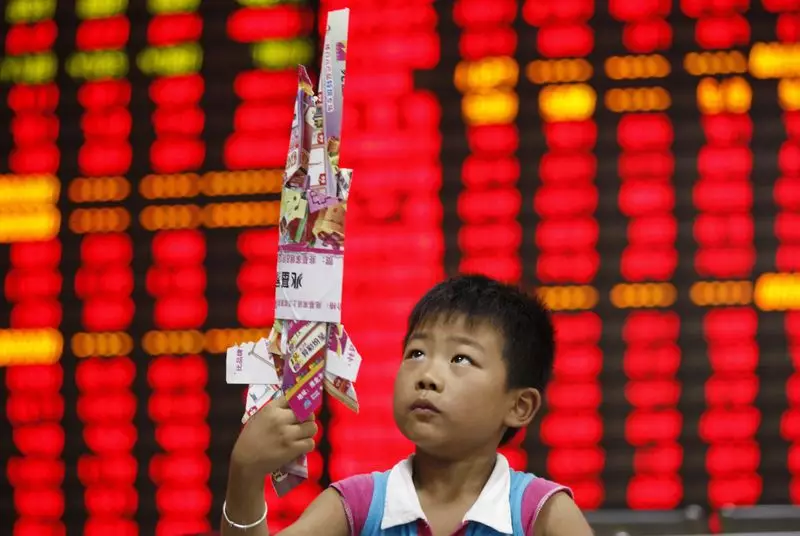Recent data from Bank of America’s Asia Fund Manager Survey sheds light on the complex dynamics shaping investor sentiment across the Asia-Pacific market. Conducted between January 10-16, 2025, the survey encompassed insights from 214 managers overseeing an impressive $576 billion in assets. The findings underscore a cautious outlook, primarily driven by uncertainties surrounding the policies of the Trump administration and the uneven economic recovery in China.
Despite a backdrop of potential opportunities, the overall sentiment regarding the Asia-Pacific economy—excluding Japan—has notably weakened, with a mere net 3% of participants anticipating economic deterioration within the next year. This marks the second-lowest level of growth confidence in two years, hinting at a pervasive sense of unease among investors.
The recent survey indicates a significant moderation in profit expectations. Investors who previously held optimistic forecasts in October have adjusted their outlooks to align more closely with longstanding averages, further complicating investment strategies. Concerns regarding valuations are more pronounced, suggesting that while the foundation for growth may be present, fundamental metrics are increasingly viewed with skepticism.
Particularly striking is the drastic decline in optimism surrounding China’s economic prospects. The proportion of respondents anticipating an economic upturn plummeted from 61% in October to a mere 10%, illustrating a substantial shift in perception. This shift is largely attributed to diminishing market gains, which have tested investor patience and yielded a surge in bearish sentiment towards Chinese equities—now at near record levels.
In contrast to the somewhat grim outlook for China, Japan has emerged as a beacon of hope for investors. Approximately 20% of survey participants project double-digit returns for Japanese stocks in 2025, buoyed by expectations of solid corporate earnings and a robust macroeconomic framework. This preference underscores a broader trend of reallocating investment toward markets perceived as offering relative stability amid tumultuous global conditions.
Sector-specific interests also reveal intriguing trends, with semiconductor stocks leading the pack, followed by banks and consumer staples. However, sectors such as real estate and materials appear less favored, suggesting that investors are increasingly selective in their allocations.
The overarching sentiment reflected in the BofA survey points to a general wariness among global investors. With the backdrop of uneven economic recoveries and fraught geopolitical tensions, the call for strategic positioning becomes crucial. Investors are advised to navigate this volatile landscape by aligning their portfolios with sectors and regions that exhibit resilience, maintaining flexibility in their strategies to capitalize on emerging opportunities while shielding against potential risks.
As the Asia-Pacific markets confront a blend of optimism and trepidation, the insights drawn from the recent survey provide a roadmap for investment decisions in a rapidly evolving economic environment.

